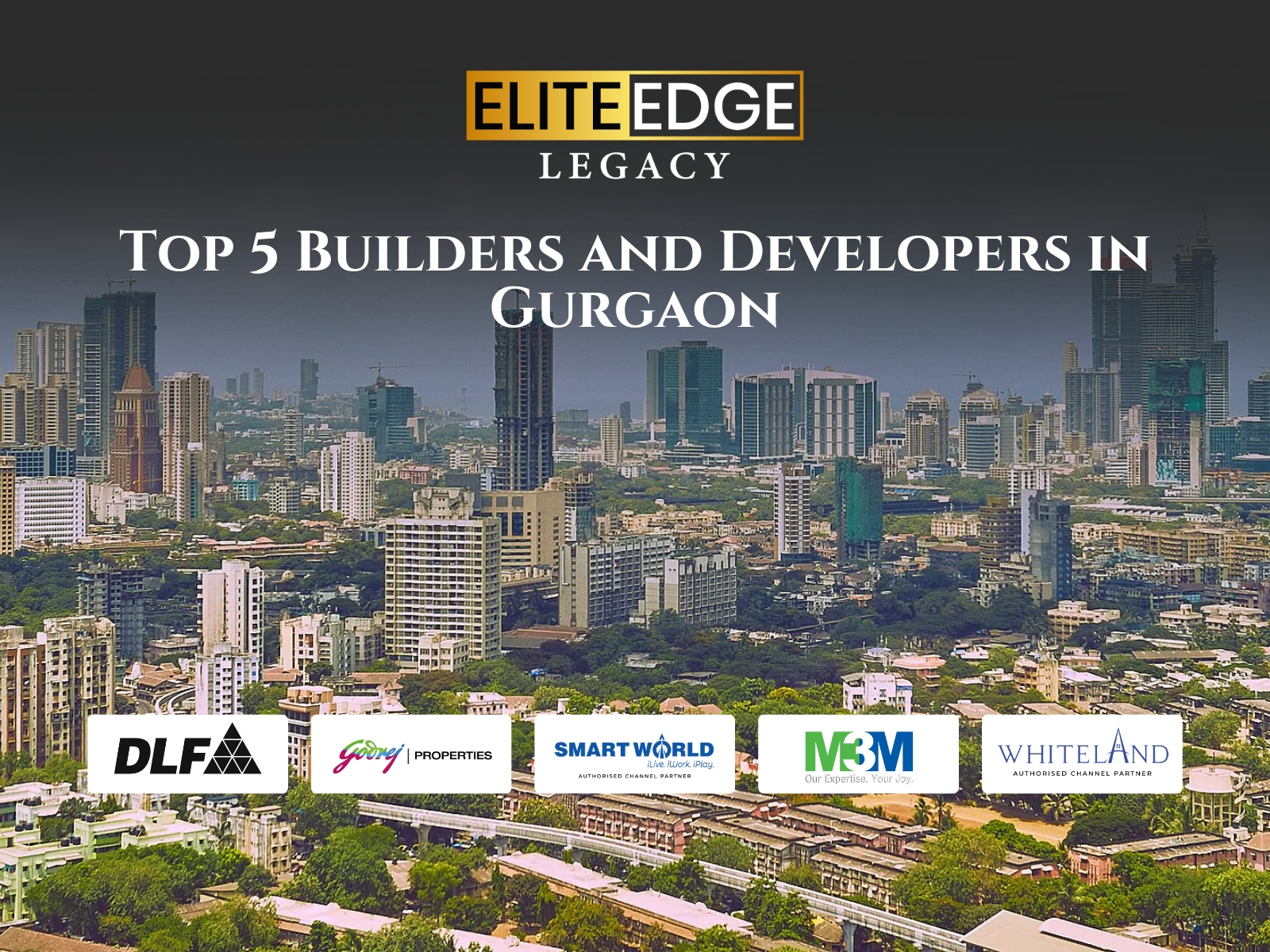
Hidden costs in real estate transactions in India and how to avoid them
Buying a home is one of the most exciting milestones in life. It’s a dream come true, a symbol of stability, and a step toward building your legacy. But it can also be a financial minefield if you’re not careful.
While the property’s sticker price might seem manageable, there are a ton of hidden expenses that exist beneath the surface. These expenses can sneak up on you, turning your dream home into a financial nightmare.
In India, transactions involving property registration are infamously complex, with various fees that remain hidden to one degree or another. For a first-time buyer or a seasoned investor, having insight into these hidden costs is key so that an unpleasant shock does not follow.
In this post, we take a look at some of the hidden transaction costs while buying a property in India and mitigation strategies to avoid them.
Let’s go!
1. Property Inspection Charges: Before anything else, it is advisable to conduct a thorough inspection of the property being purchased so that no internal defects, structural issues, or legal disputes go unnoticed. While this step is vital, it usually comes at an additional cost.
Expect: Professional property inspection services may charge between ₹10,000 and ₹30,000, depending on the size and location of the property.
Avoid: Some builders or sellers will offer free inspections as part of the deal. Always ask. Otherwise, the cost can be negotiated before the final sale or split with the seller.
2. Preferential Location Charges (PLC): Corner apartments or a house with a grand view may cost a little more. Developers charge a premium fee for units that are recognized as "preferential" locations within the project.
Expect: PLC can be between 5% and 20% of the base price. For instance, if an apartment costs₹1 crore, then PLC would add up to₹5 lakh to₹20 lakh.
3. Maintenance/Security Deposit: Most residential societies in India require a maintenance or security deposit before you move in. This fee is meant to cover future maintenance costs and ensure the smooth functioning of society.
Expect: Maintenance deposits typically range from₹2 to₹5 per square foot per month. For a 1,000-square-foot apartment, this could mean spending anywhere from₹2,000 to₹5,000 every month. In addition, security deposits may range from a one-time amount of ₹50,000 to₹2 lakh.
Avoid: While you can’t avoid this cost entirely, you could specify the amount beforehand to include it in your budget. Some builders may give a waiver or discount, so never hesitate to ask.
4. Interior Costs: The glossy brochures and model apartments might make you believe your new home is move-in ready, but in reality, that is rarely the case. Most of the properties offered in India are sold as bare shells that will need you to invest in interiors.
Expect: Basic interior work could cost up to₹500 to₹1,500 per square foot, whereas premium interiors could cost₹3,000 up to₹5,000 per square foot. So, with a 1,000-square-foot apartment, the budget could exceed₹5 lakh to₹15 lakh.
Avoid: Set an interior budget and search for better alternatives such as modular furniture or a ready-to-move-in home that includes basic interiors.
5. Parking Space: More often than not, parking is treated as an add-on and not as a necessary scientific standard. If you have a car or plan on getting one, parking space invariably means paying a bit more.
Expect: Parking charges can run anywhere from ₹1 lakh to ₹5 lakh, sometimes even higher, depending on the city and project.
Avoid: Always remember to check if the quoted price of the property includes parking; if it doesn't, negotiate on the right to park or select a property where parking is inclusive.
6. Brokerage Fee: If you're going to hire a real estate agent, you'll have to pay a brokerage fee. While an agent can make the buying process much easier, this does come at a cost.
Expect: Brokerage fees typically come out to be anywhere from 1% to 2% of the total value of the property. To clarify further, you could pay somewhere in the ₹1 lakh-₹2 lakh range for a one-crore property.
Avoid: If you believe you have done enough research and negotiation, make a direct purchase from the builder or the seller. On the contrary, negotiate the brokerage fee or check out agents that charge a flat fee.
Conclusion:
Buying a Property is a big investment, with hidden costs adding up quickly and thus making the dream a burden on one's finances. Get acquainted with all these charges to make the planning easier and avoid spending unexpectedly. Always read the fine print, ask questions, and negotiate when possible. Little diligence exercised now will save you quite a bit in the long run.
All the best to step into your dream home.
FAQs:
1. Are hidden costs for all properties the same?
No, hidden costs for properties vary by the type of property, its location, and the builder. Always ask for a detailed breakdown of all expenses before you make a decision.
2. Can I negotiate for hidden costs with the builder?
Yes, you can negotiate for several hidden costs. Do not hesitate to speak to the builder or seller regarding these charges.
3. Is it better to buy a pre-built, move-in-ready house to avoid hidden charges?
Before speaking with an agent, you might want to consider the good and bad sides of buying a transaction-ready property, keeping your budget and needs in mind.
4. How do I find out if there are any legal battles regarding any property?
It would be best if you hired someone to do a complete title search and verify all property papers concerning the law. This is necessary to avoid any rash outcomes later on.
5. What government charges should I expect?
Yes, these would be stamp duty and registration fees. In most states, they would range from 5% to 10% of the property's value.

















